-
DARPA wants a spacecraft to search for water on the moon
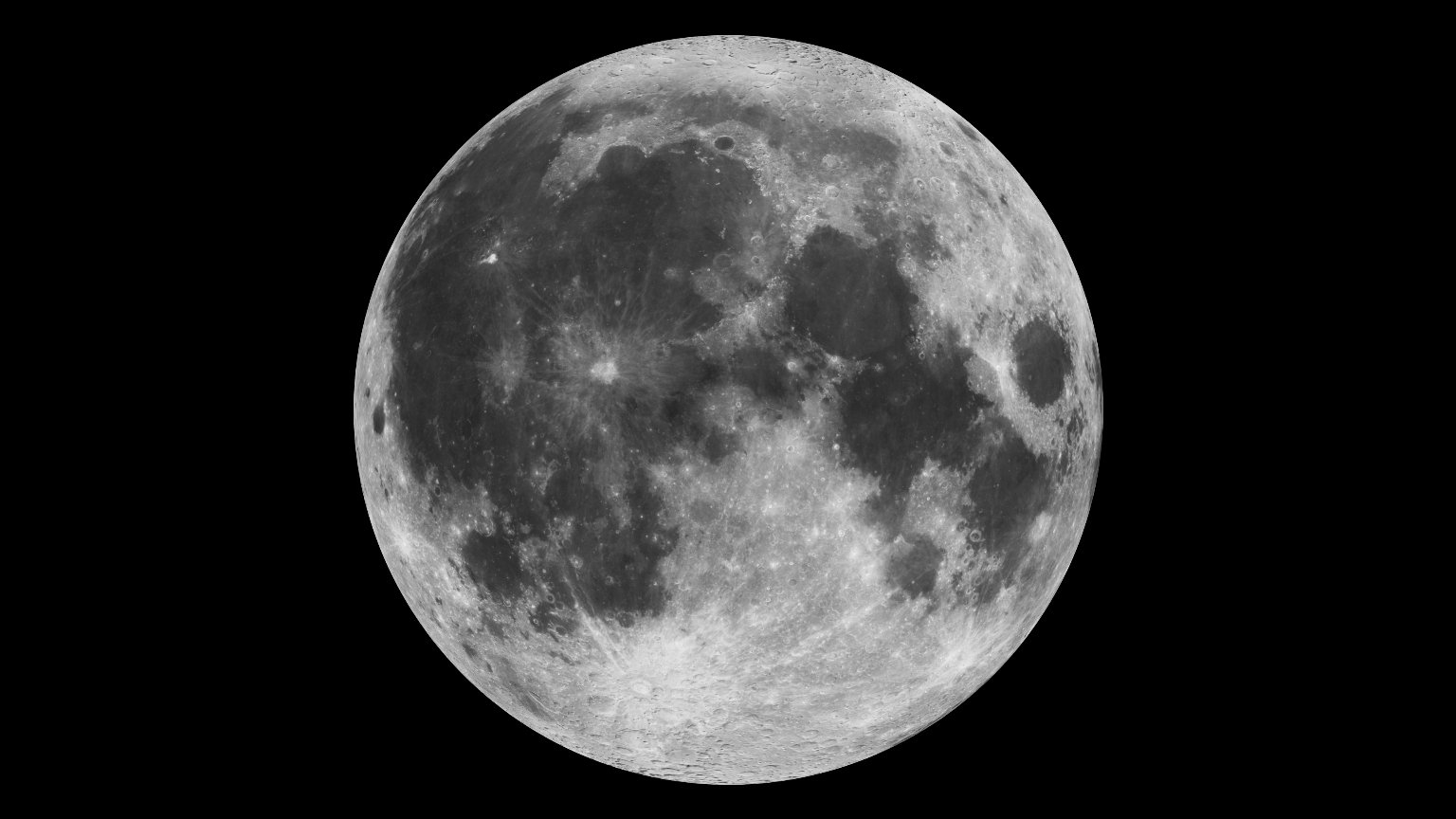
DARPA (the U.S. Defense Advanced Research Projects Agency) is looking for a private company to build spacecraft to orbit the moon and search for water. A program solicitation that DARPA released on April 14 outlines the plan for the LASSO (Lunar Assay via Small Satellite Orbiter) program, with the goal of developing a system of…
-
These 5000-year-old Egyptian coffins depict the Milky Way galaxy, astrophysicist says
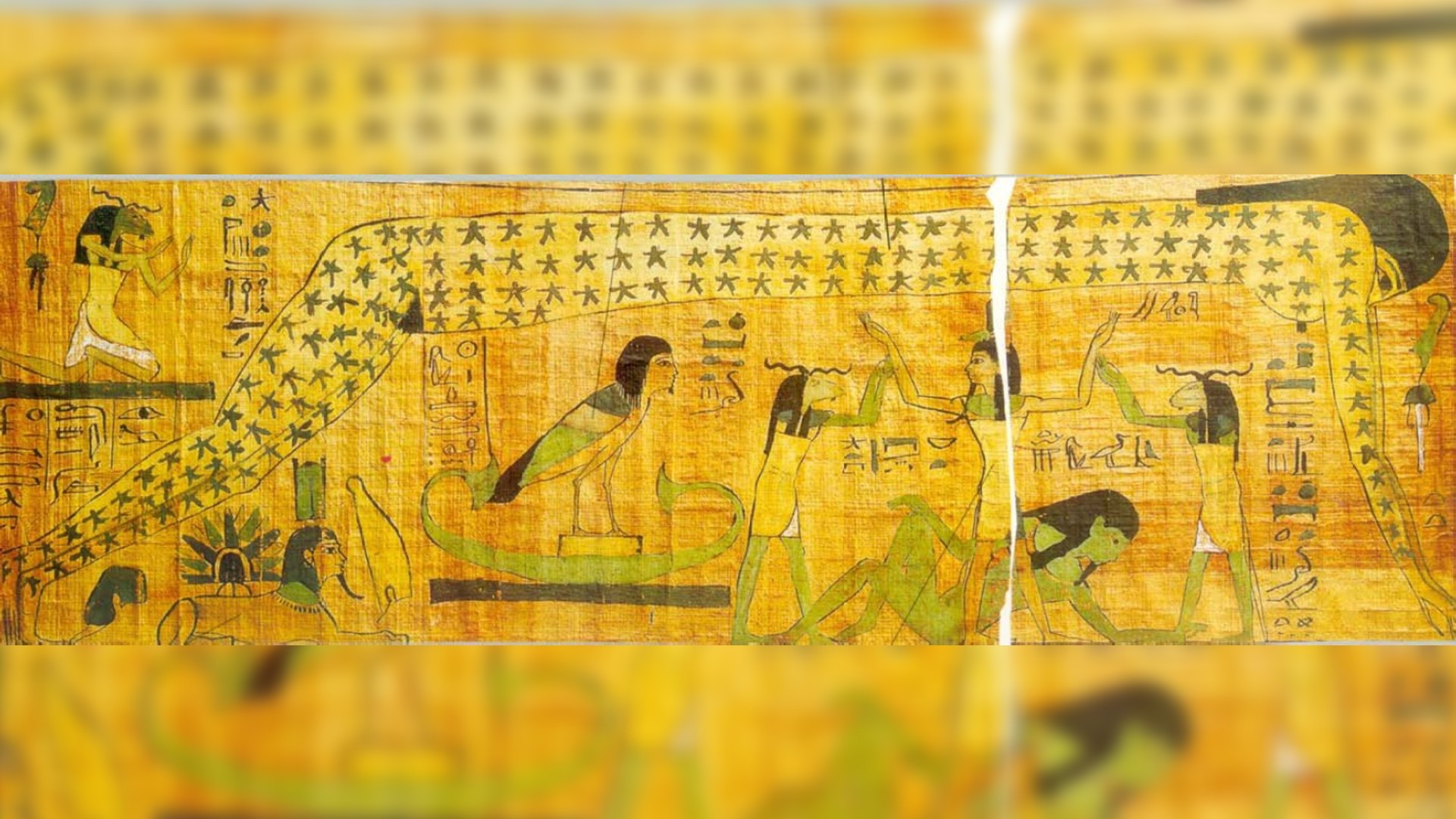
Ancient depictions of the Egyptian sky goddess Nut may represent one of the earliest visual interpretations of the Milky Way galaxy, a new study suggests. In a recent study, astrophysicist Or Graur analyzed 125 images of Nut (pronounced “Noot”) across 555 ancient Egyptian coffins dating back nearly 5,000 years. In only a few depictions, however,…
-
Evidence of controversial Planet 9 uncovered in sky surveys taken 23 years apart
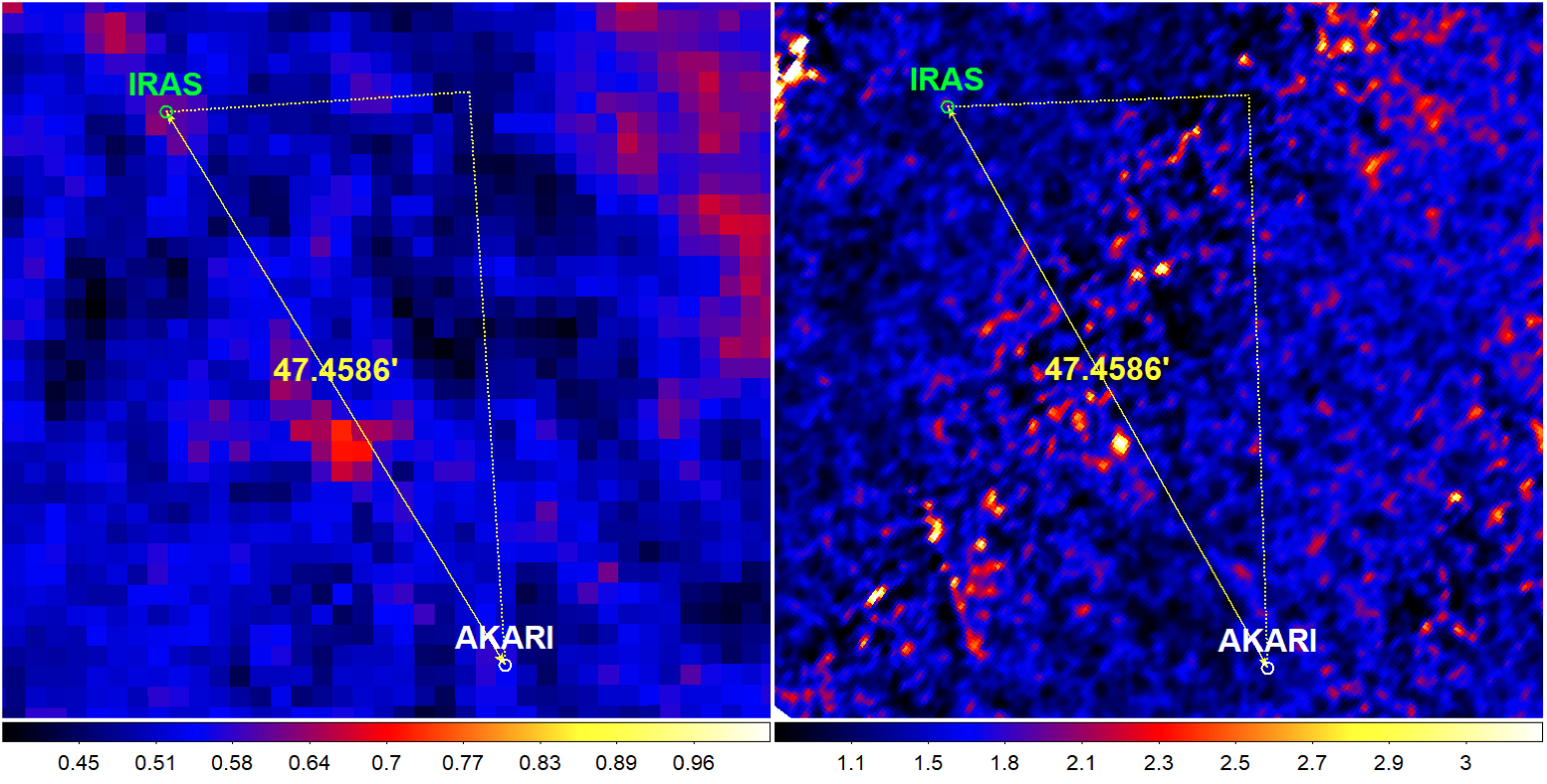
The best candidate yet for the elusive Planet Nine has been spotted in two deep infrared surveys taken 23 years apart. If this mystery object really is Planet Nine, it would have a mass greater than Neptune, and currently be about 700 times farther from the sun than Earth is. The possibility of additional planets…
-
James Webb Space Telescope captures thousands of galaxies in a cosmic ‘feast’ (image)
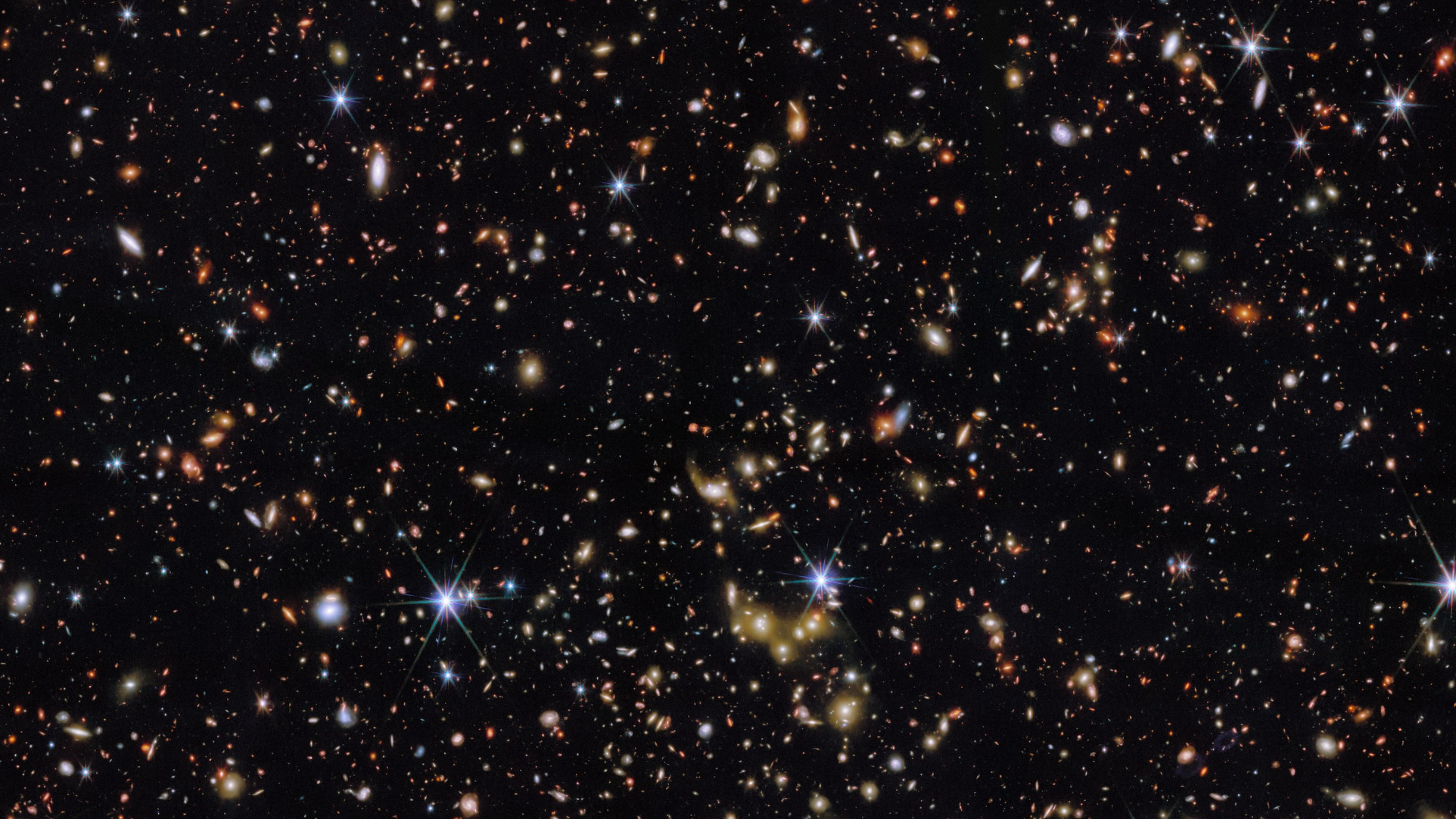
Galaxies speckle the heavens like stars in a stunning new photo of the deep and distant universe. The James Webb Space Telescope (JWST) team shared a new image of a region of the sky called the COSMOS-Web field (short for Cosmic Evolution Survey). The image combines data collected by JWST’s Near-InfraRed Camera (NIRCam) and the…
-
‘It’s huge, and it’s been hidden for this whole time’: Gigantic, glow-in-the-dark cloud near Earth surprises astronomers
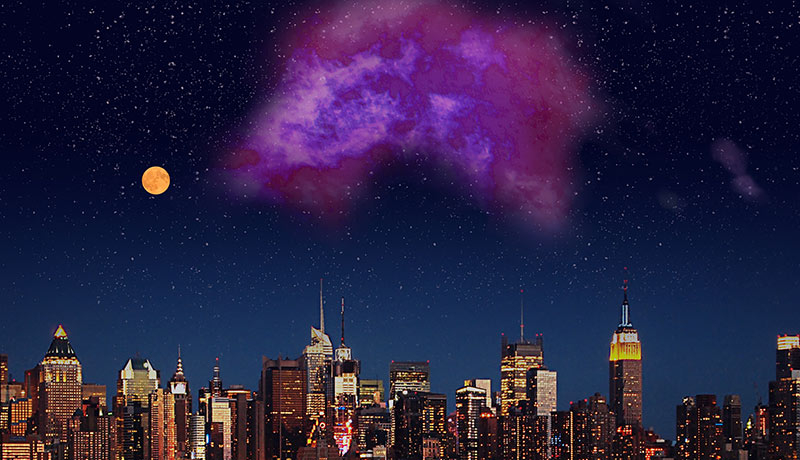
Astronomers have discovered the closest known molecular cloud to Earth, giving them a rare close-up view of the cosmic recycling of matter that fuels the creation of new stars and planets. Named “Eos” after the Greek goddess of dawn, the newfound cloud is an enormous, crescent-shaped blob of hydrogen gas located just 300 light-years from…
-
A thousand stars are fleeing home in a hurry, and scientists don’t know why
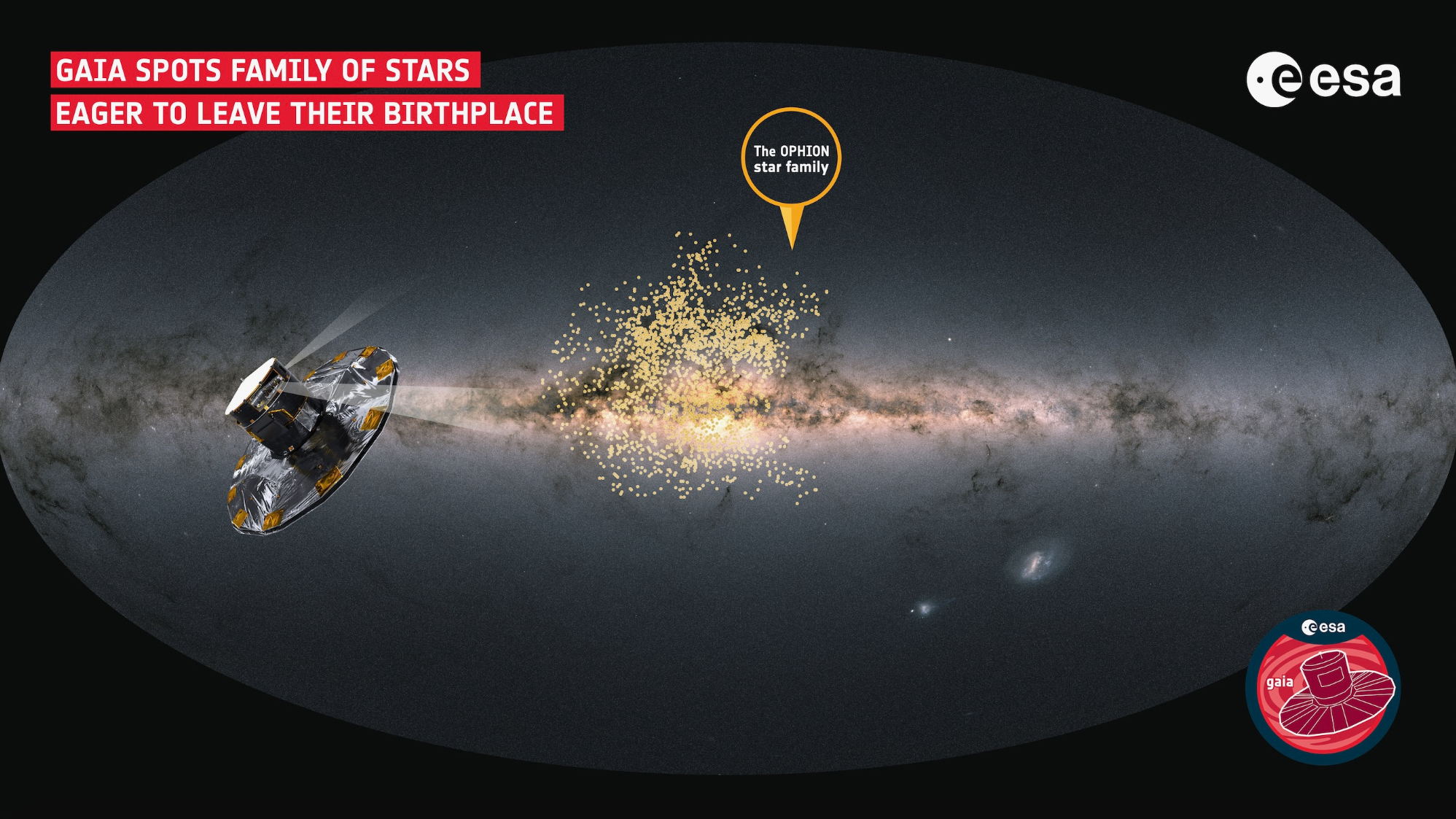
A huge family of newborn stars seem to now be going their separate ways: Over 1,000 stars are hurriedly fleeing their nest in record time, leading to something of a mystery as to the cause of this stellar breakup. Typically it takes a few hundred million years for a cluster of stars that are born…
-
These are the sharpest images yet of planets being born around distant stars

Astronomers have captured the sharpest, most detailed images yet of young solar systems where planets are just beginning to take shape. Exquisite snapshots released on Monday (April 28) provide a rare glimpse into the earliest stages of planet formation in more than a dozen star systems, revealing where planets emerge, how quickly they form and…
-
Astronomers discover giant ‘bridge’ in space that could finally solve a violent galactic mystery
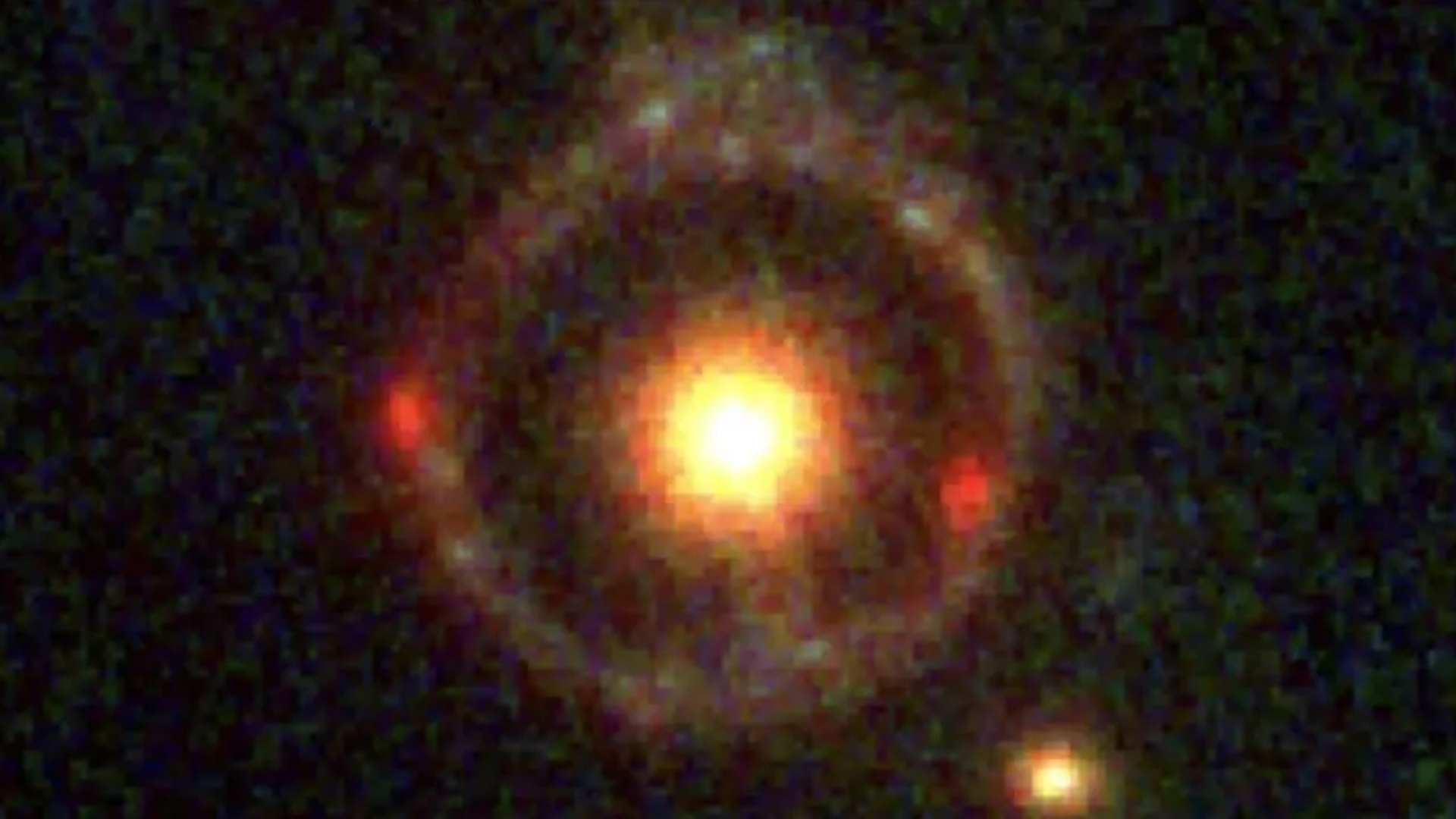
Astronomers thought the Perseus cluster was a massive-but-stable grouping of galaxies, until they found hints of a collision with another cluster — but no one had identified a cosmic interloper. Now, using a method called weak gravitational lensing, scientists think they’ve finally found the hidden intruder. The Perseus galaxy cluster is one of the most…
-
Amateur astronomer captures detailed photos of Croc’s Eye and Whirlpool galaxies from backyard observatory
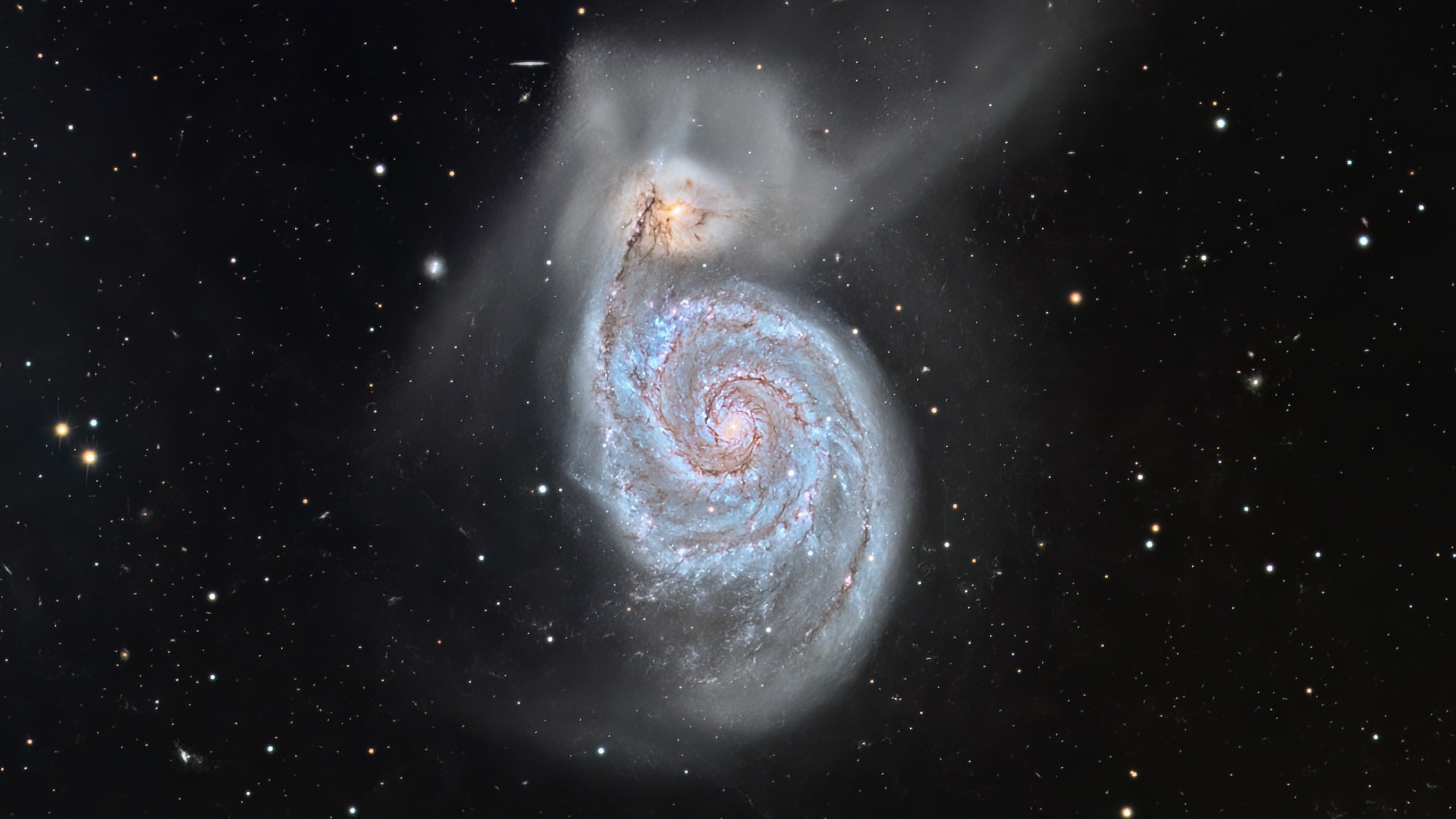
The iconic Whirlpool galaxy Messier 51 is pictured along with the smaller galaxy NGC 5195 at the top of the image. (Image credit: Dr. Michele Hernandez Bayliss) Vermont-based astrophotographer Michele Hernandez Bayliss has captured stunning views of Messier 94 – also known as the Croc’s Eye galaxy – and the famous Whirlpool galaxy (M 51),…
-
Celebrate National Astronomy Day at the Paulucci Space Theater on Saturday
The Range Astronomy Club is celebrating National Astronomy Day at the Paulucci Space Theater on the campus of Minnesota North College in Hibbing. Games, activities and solar viewing will begin at 4 p.m. Saturday, May 3, with constellation viewing starting at 8 p.m. Events are free, except shows within the theater are $5. A show…
